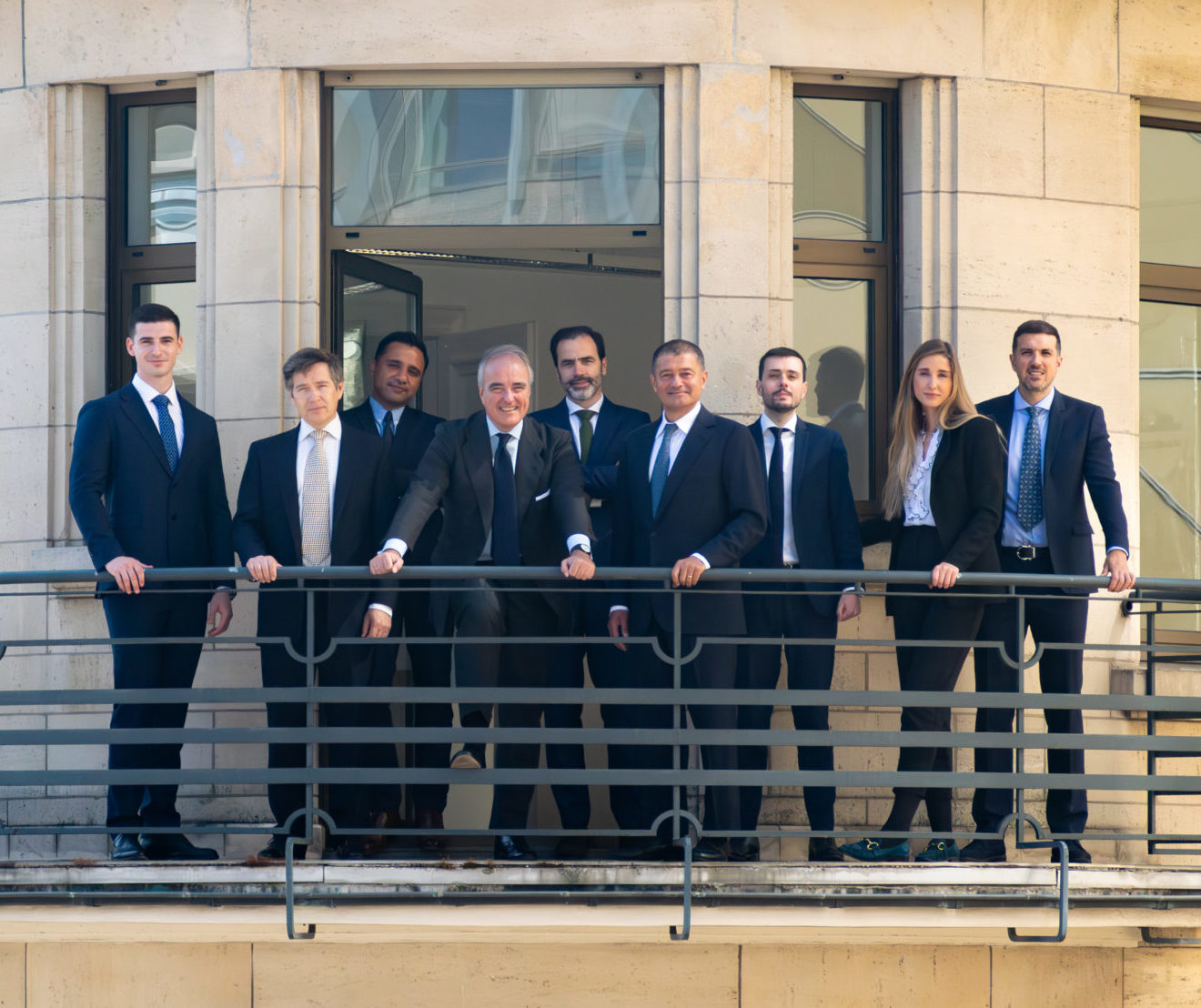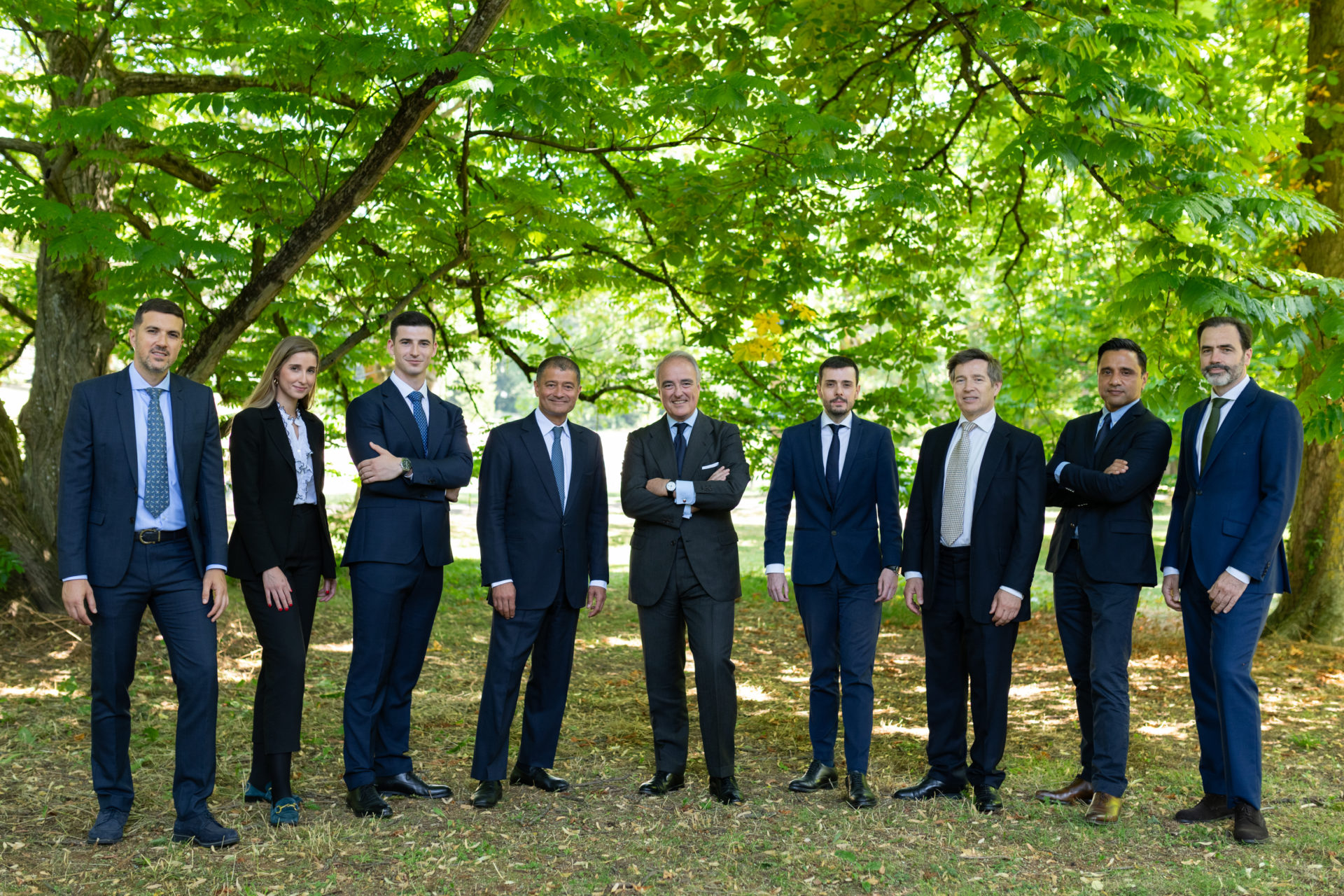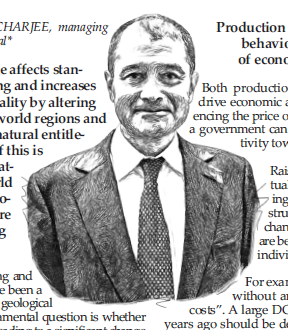By Shanu SHERWANI, Partner at Antwort, published in the AGEFI Luxembourg Janvier 2022, p25.
Private equity dealmaking and fundraising is forecasted to remain robust in 2022, while midmarket managers in the United States and Europe are wary of high valuations and inflationary pressures as they deploy record amounts of capital.
According to S&P Global Market Intelligence statistics, 24,722 deals worth a declared aggregate of $1.2 trillion were announced in 2021, up from 17,618 acquisitions worth just under half that amount the previous year. As of September 2021, the private equity class possessed a record $1.32 trillion in dry powder, according to Preqin’s Alternatives 2022 study. In my opinion, fundraising will stay robust, and limited partners will continue focusing on re-ups as established managers quickly return to the market with larger vehicles.
The significant five private equity funds, which include Blackstone, KKR, Apollo, Carlyle, and Ares, controlled approximately $2.25 trillion in total assets at the end of 2021. These behemoths are expanding existing product lines and establishing new ones as they continue to grow. There is a perpetual pressure to outperform equity holders by scaling management fees and revenues, which all begins with everincreasing assets-under-management (AUM) figures. To reach $3 trillion by the end of 2022, they will need to increase AUM by just under 6% every quarter.
And the current trend of «continuation funds,» which provide investors with liquidity earlier in a fund’s lifecycle while keeping the assets under the manager’s supervision, offers a new approach, as increased use of continuation vehicles may extend holding times and raise AUM. Fundraising for Blackstone, Apollo, and Carlyle is expected to dramatically increase AUM in 2022, likely to exceed $80 billion across the three funds. Finally, increasing fundraising from insurance companies and the general public will allow these mega-funds to speed their fundraising activities. Managers are cautiously optimistic about the dealmaking prospects, although they know that the market is not without danger. High valuations will be on the minds of both general partners and their investors in 2022.
Managers will also consider macroeconomic factors such as rising inflation, supply chain issues, and talent availability. They need to prove their assumptions, minimise risks, and review existing business strategies before investing in companies. Apart from severe interest rate volatility, there are no clear signals of a near-term downturn in activity because the supply/demand dynamics will remain intact and control that activity. Although inflation and labour constraints are «nontrivial difficulties,» they are insufficient to have such a significant impact on their own.
There is considerable momentum and a sizable population of private equityowned transactions. You have sellers wanting to sell to private equity, you have the funds, and you have enhanced allocation. I believe there will be some «hiccups» in valuations, and the stock market may experience declining multiples. Still, I think it will be more shortterm volatility than a significant trend change now. I don’t see that happening in the near future, at the very least.
According to PitchBook’s 2021 annual PE breakdown report, which was released last week, U.S. private equity deals increased in 2021, reaching $1 trillion in total deal value, a more than 50 per cent rise over the previous record established in 2019. GP stake agreements, in which investors buy passive minority holdings in private capital managers, and the growth equity dealmaking area, mainly, have grown dramatically in the last year. PitchBook analysts identify the behavioural health market as having recordbreaking valuations in 2021, a situation the authors refer to as «runaway valuation growth» due to attractive margins. Healthcare ($733 billion in deal value) and software ($947 billion) were two other industries with record-breaking valuations in 2021.
The increased demand is driving valuations, and as a result, a greater volume is pushing up values. Most analysts believe that there won’t be much discount shopping in 2022.
In reality, the number of growth equity deals «dramatically increased» in 2021, with deal value activity reaching $113.4 billion, a significant increase from the $78.3 billion reported in 2020. PitchBook analysts attribute the growth to a slew of factors, including that companies are staying private for longer and that venture capital mega-rounds — which are frequently fully funded by growth equity firms — have become more common in recent months. In addition, private equity firms are investing in «high-growth» industries such as technology and healthcare.
According to Preqin’s 2022 Worldwide Private Equity Report, private equity returns continue to exceed public markets, with the global private equity funds tracked by the company achieving a net initial rate of return (IRR) of 18.8 per cent over the five years to March 2021.
The boom in private equity investment activity has fuelled a virtuous circle that has propelled the asset class to new heights. Low-interest rates encourage further investor allocations, keep buyout financing costs low, and maintain valuation multiples buoyantly. However, there may be indicators that the early-2021 surge in risk assets is beginning to cool, with slowing fundraising in Q3 2021. Preqin expects that as the private equity market cycle advances and the market becomes congested, a more significant proportion of exits will include sales to other GPs, often known as secondary buyouts. It could indicate that the current private equity cycle is maturing; it is also a natural outcome of companies remaining private for extended periods.
The expected returns on private equity will continue to drive up assets under management over the next few years. Furthermore, Preqin forecasts significant rises in global private equity fundraising, with USD645 billion raised in 2022 and USD813 billion raised in 2026. Preqin also predicts that more public companies will be taken private by buyout funds around the world, as fund managers must spend vast quantities of capital and the pool of potential private companies available to them is limited. Given the available dry powder, the number of funds in the market, and the enormous amount of interest in the asset class and its performance, most Analysts predict that it will be a «very robust year» for investments and exits.
Due to good long-term returns, PE has become an essential component of institutional investors’ asset allocation strategies, particularly pension funds, family offices and HNWI. General Partners (GPs) also deploy money and return capital faster. As a result, I anticipate a good fundraising year in 2022, with GPs raising even more money and diversifying into new product lines as their PE appetite grows.
Most private equity companies invest throughout the cycle, so they are also exiting while deploying. And, in my opinion, there isn’t much that will change fundamentally this year from what we’ve seen in the previous 12 months.






